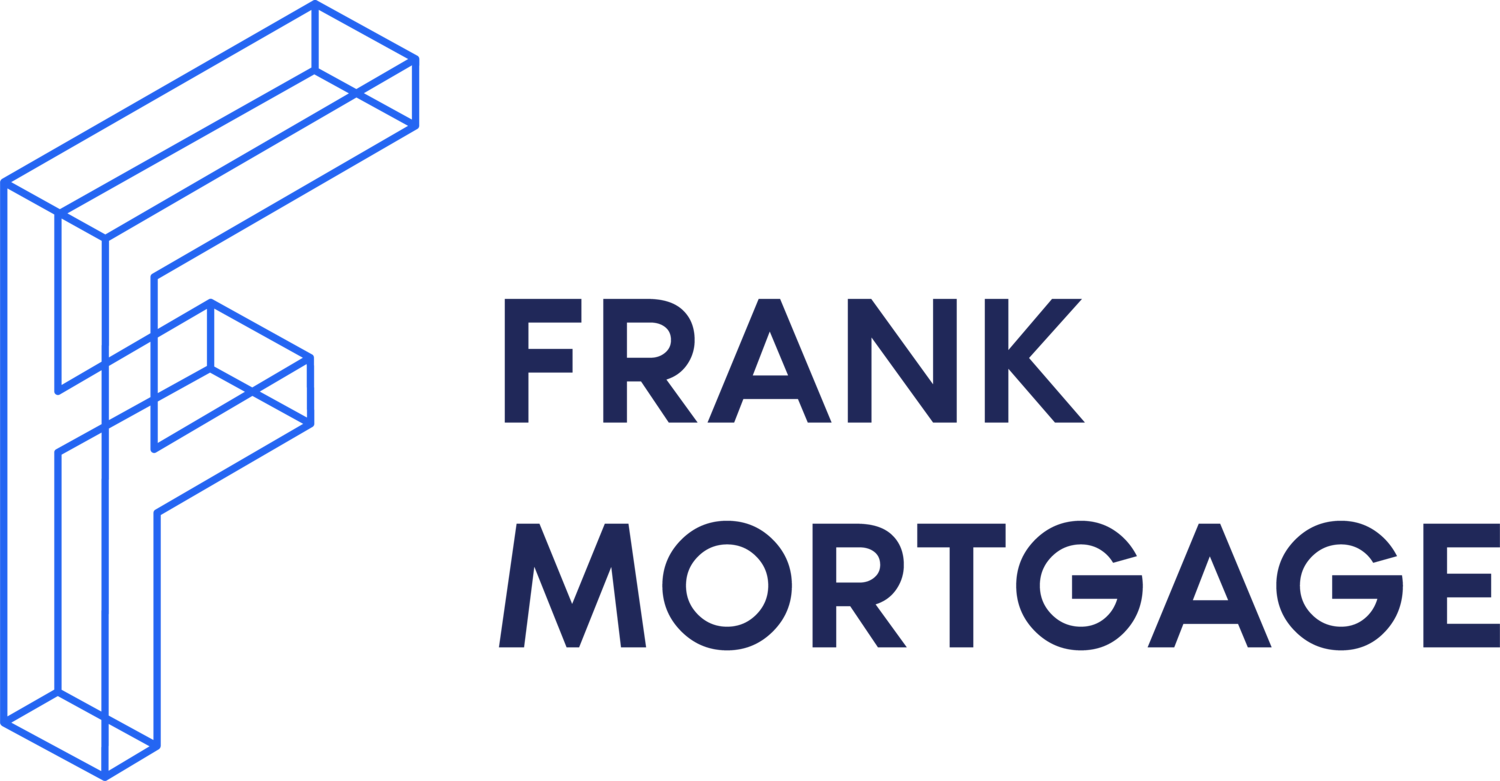A Beginner’s Guide to the Mortgage Process
Never had a mortgage before? Does the mortgage market seem foreign and intimidating? Are you unsure how to find the right mortgage for you? Then this guide is for you.
The first step in any mortgage journey is to do your homework. Preparing yourself for the mortgage process will greatly increase your chances of success.
But how do you know that you’re prepared to get the most out of your mortgage adventure? We recommend researching the following topics:
The type of home you want to buy, such as a detached home, semi-detached home, or a condo.
The size of the down-payment you are able to make. At a minimum, a down payment equal to 5% of the property’s value is needed, but for some mortgage products a much larger down payment may be required.
The maximum mortgage payment you are comfortable paying as well as how much you may be eligible to borrow. You need to understand your budget. You can use our online calculators to help determine this.
Your personal preferences for mortgage features, such as a fixed rate versus a variable rate mortgage.
The documentation you might be required to provide to get a mortgage approval.
How long you expect to live in or own the property.
The various closing costs related to getting a mortgage and purchasing a house.
An understanding of the costs of homeownership.
Spending some time to understand these issues prepares you for what lies ahead. You can also talk to a reputable mortgage broker who can answer your questions. Armed with the knowledge gained from your research, it is time to begin the mortgage process. Here we break down the steps you need to take to finance your home.
Complete a mortgage application
You can apply directly with your lender or with a mortgage broker. The best mortgage brokers allow you to apply online so it is now easier than ever to fill out an application online in minutes. Keep in mind that you’ll need to have personal information on hand to complete your application, including things like your residential history, employment and income details, credit history, assets and your own mortgage preferences.
Get pre-approved
When shopping for a new home, it is recommended that you get a mortgage pre-approval. This demonstrates to the realtor and the house sellers that you are eligible for the required financing. A pre-approval is a highly conditional pre-qualification from a lender that empowers you with the knowledge of the maximum amount you can borrow, locks in an interest rate for a certain period of time (typically between 90 and 120 days) and estimates your monthly mortgage payments to help you budget. To be clear, a pre-approval is not a commitment from the lender, and you will still need to go through the full mortgage application and approval process. Your mortgage broker can arrange to get you a pre-approval from a lender. Beware though, some brokers offer pre-approvals themselves, but they are not worth anything - you need a pre-approval from a lender that includes a rate hold.
During the pre-approval stage, the lender will ask for your personal information, maybe some documents, and will likely run a credit check. This credit check will reduce your credit score by a few points, which you need to be aware of if you are shopping for a mortgage and applying at multiple lenders. “Mortgage shopping” in this way can seriously harm your credit score, so it’s best to research the market first and only apply once.
Finally, we recommend asking your lender or broker a few questions during this process: What happens if interest rates move lower during the rate hold period - will you benefit from the rate drop? Also, if you don’t close the purchase of your new home before the rate hold period ends, can it be extended?
Shop for your home
Work with a qualified realtor to find the home of your dreams. Most realtors will want to see that you have a pre-approval for financing before working with you. With your realtor’s help, seek out homes that meet your criteria and budget, then make an offer on the home you want.
Get a commitment letter
If your offer gets accepted; congratulations! Now it’s time to firm up the arrangement with your lender. Provide the purchase and sale agreement and other documentation to your lender so they can provide you an approval for a commitment letter for your mortgage. This is a contract between you and the lender that details the lender's commitment to provide you the mortgage, subject to certain conditions. The conditions will detail what additional documents you will need to provide to prove income, employment, assets and property information, which may include an appraisal.
We recommend that you include a condition on financing in your offer to purchase a home. If you have done this, you can feel comfortable to waive that condition once you have signed the commitment letter.
Complete the file and lender underwriting
Provide the remaining documents required by your lender and satisfy all the lender conditions to complete your mortgage file. Your mortgage broker can co-ordinate this process. Preferably they will have a secure documentation portal you can use to transmit documents. Email is insecure for transmitting personal documents and should be avoided where possible. With all the documents in hand, the lender will complete their underwriting process and provide you with a final approval. Learn more about underwriting here.
Close your mortgage financing
The lender will require that you provide all of your personal documentation and other materials to them in advance of the closing date - often 10 business days in advance. Once approved, the file is considered ‘broker complete’ and the lender will work with your legal counsel to arrange the closing documents for signature, gather the banking information, and make sure the closing occurs on time. Ideally, the lender provides the closing documents in advance of closing to provide you with time to review the documents for accuracy.
*Some additional things to keep in mind:
The lenders and brokers are supposed to serve you. Don’t be afraid to ask questions and demand transparency. If a broker is pushing you toward a mortgage type or lender that you are uncomfortable with, remember that you are the boss. You can take your business elsewhere if you want;
Additional costs. If you have budgeted properly you will end up with a mortgage you can afford, but don’t forget that you also have to pay closing costs, moving costs, and ongoing maintenance and upkeep on your new home;
Be honest. You provide information at the beginning of the process to get pre-approved and later in the process you are going to need to provide documentation and evidence that what you have told your broker or lender is accurate.
Frankly, your mortgage journey does not have to be complicated. Do your research and prepare ahead of time. It will reduce the stress and lead to a better outcome.
Work with a mortgage broker that places you first. Isn’t it time that someone was frank with you about your mortgage needs? This is the entire reason we created Frank Mortgage - to put you in the driver’s seat with a modern, proprietary online service that always places the customer first.
www.frankmortgage.com
1-888-850-1337

Don Scott
Don Scott is the founder of a challenger mortgage brokerage that is focused on improving access to mortgages. We can eliminate traditional biases and market restrictions through the use of technology to deliver a mortgage experience focused on the customer. Frankly, getting a mortgage doesn't have to be stressful.
Connect with Don on LinkedIn!






